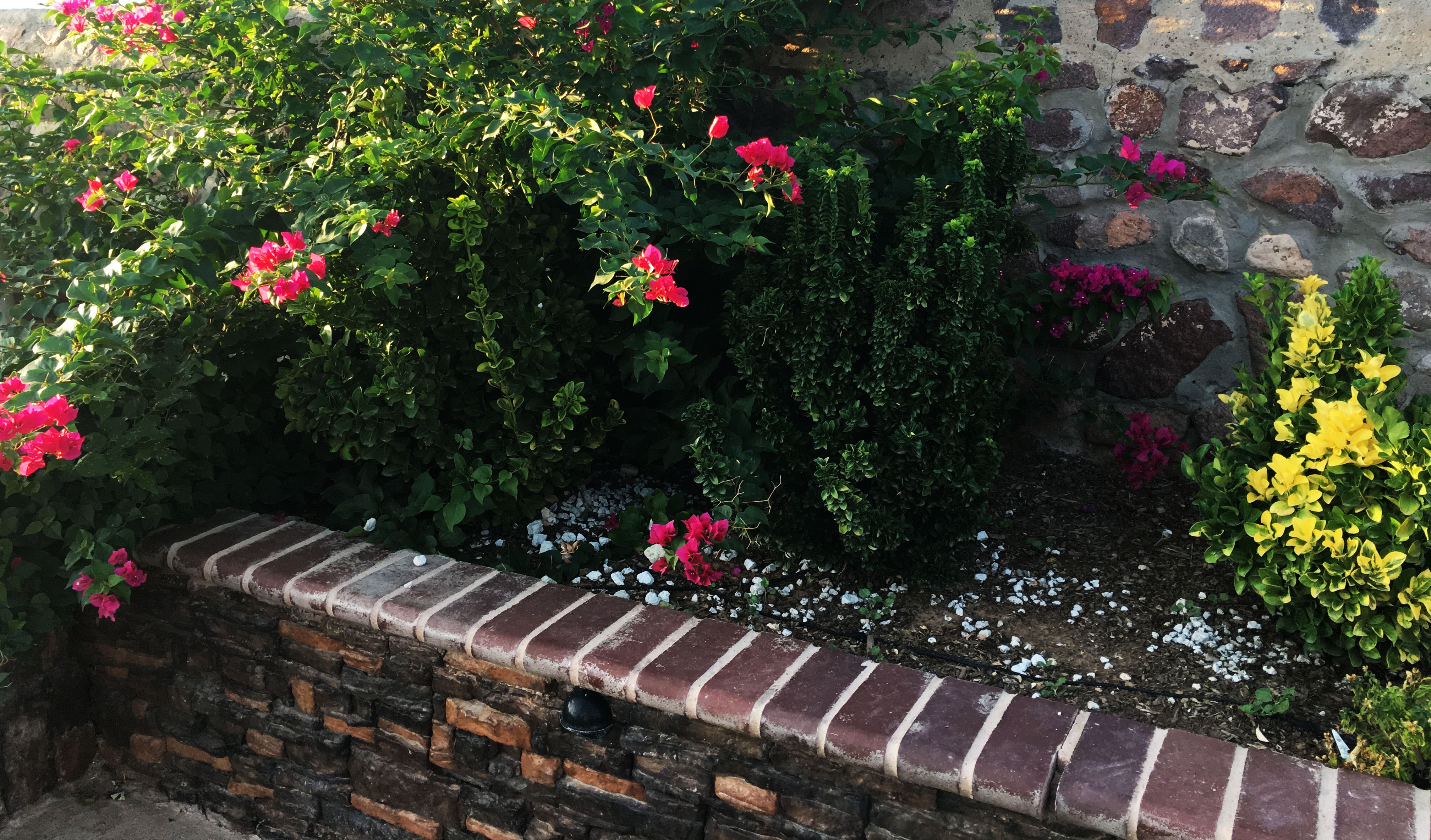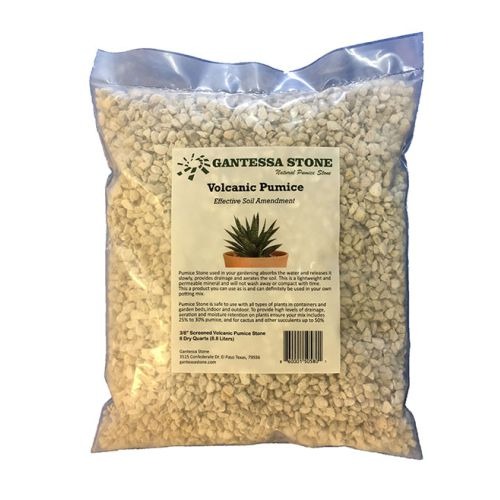Pumice for plants and Gardening
The pumice stone is a mineral 100% organic, it will not decompose and does not need replacing. Tested and proven to have traces of vitamins that helps with growing and a balance of moisture retention, gas exchange and drainage. Plants will detoxify and vitalize with pumice on the soil acquiring daily nutrients.

Amending your soil with pumice increases the soil water conserving capabilities due to the many pores on each stone acting like sponges, when the soil needs to hydrate it is pulled out from the pumice stone providing nutrient rich water. Another benefit of the pumice is to provide oxygen to the root zone, releasing carbon dioxide, increases circulation and makes a source of food for the plants to take. Pumice is one of a kind amendment, no other can provide the same benefits.
It relies upon the necessities of individual plants, yet for most succulents, basically mix half and half pumice with any modest, sacked gardening soil. For fine leaved succulents, I blend 40 percent pumice with 60 percent gardening soil; for desert plants and hefty euphorbias, the opposite, around (60 percent pumice and 40 percent fertilized soil).
For succulents and different plants that can't sit in wet soil, improve drainage by adding to the flower beds with a blend of 25% garden soil, 25% pumice, 25% compost and 25% sharp (large grain) sand.
Desert Plants like the cactus store high moisture and prone to rotting, (for example, fat euphorbias) add about half with pumice (50%). On the off chance that changing the dirt in the garden bed is not an alternative, fill the planting gap with pumice so roots are encompassed by it.
Use pumice as a topdressing to assimilate water that puddles around plants. For succulents jeopardized by delicate, wet soil, utilize a metal bar or sweeper handle to circle the plant with vertical passages (air openings) a few feet down. Space them 12-18 inches separated and about that a long way from the base of the plant. (The objective is to add pumice to the dirt however not to harm roots.


